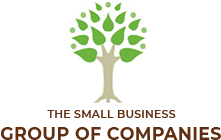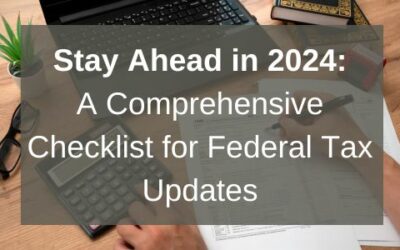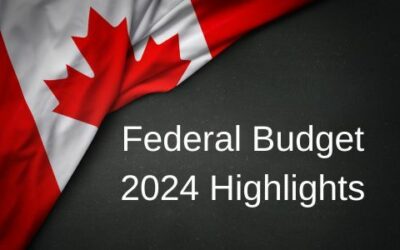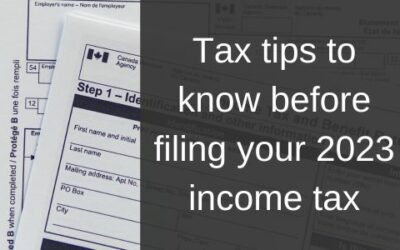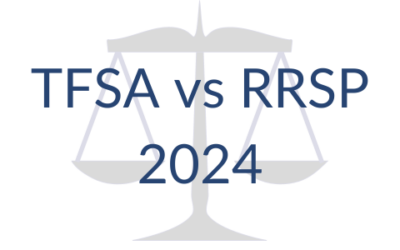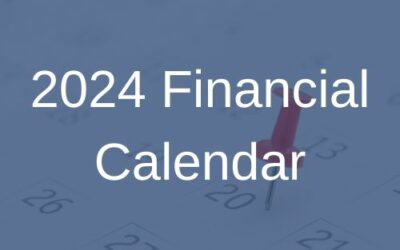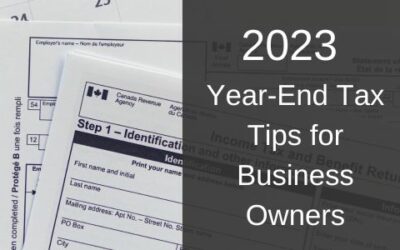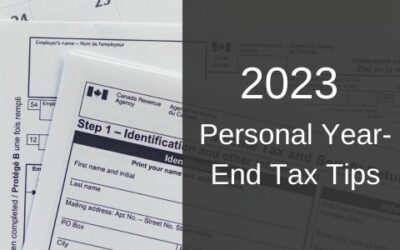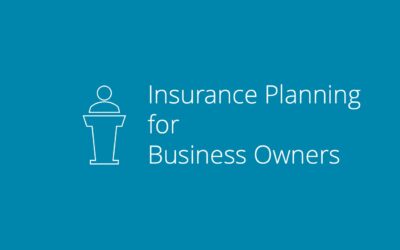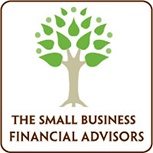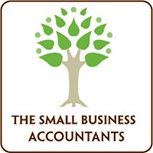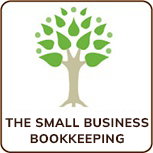Offering
A range of accounting services including
Bookkeeping, Income Tax Planning as well as Tax Preparation
The Small Business Accountants Ltd
Accountants in Calgary, Alberta
We offer a range of accounting services including bookkeeping, income tax planning as well as tax preparation. We’re also happy to offer advice to our clients in order to assist you in deciding what options best suit your needs.
Serving clients across Calgary, Edmonton, Red Deer, Lethbridge, Medicine Hat, Okotoks, Airdrie, Strathmore, and the surrounding areas.
Contact The Small Business Accountants Ltd in Calgary, Alberta
ABOUT THE SMALL BUSINESS ACCOUNTANTS LTD
We will support business owners through Professional Accounting & Consulting Services
The Small Business Accountants Ltd was founded in Calgary, Alberta in 2000 with a strong commitment to our clients based on integrity, accuracy and efficiency. We can advise you on how to start a business as a sole proprietor and when to make the transition to an incorporated company and as your business grows…
CONTACT US
The Small Business Accountants Ltd
Calgary Accounting, Bookkeeping, Income Tax Planning, Preparation & Financial Services

Accounting Services
Small Business Accountants in Calgary, Alberta
No business owner wants to worry about new rules and regulations set out each year by Revenue Canada...
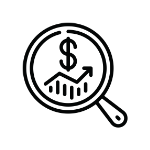
Financial Services
Calgary Small Business Financial Advisors
We all know that as you and your family grow you will need an ever changing array of services...
Latest News
Stay Ahead in 2024: A Comprehensive Checklist for Federal Tax Updates
Explore the upcoming 2024 Canadian tax changes affecting investors, business owners, and high-net-worth individuals. From capital gains adjustments to new incentives, stay informed with our comprehensive checklist.
2024 Federal Budget Highlights
On April 16, 2024, Canada’s Deputy Prime Minister and Finance Minister, Chrystia Freeland, presented the federal budget.
While there are no changes to federal personal or corporate tax rates, the budget introduces:
• An increase in the portion of capital gains subject to tax, rising from 50% to 66.67%, starting June 25, 2024. However, individual gains up to $250,000 annually will retain the 50% rate.
• The lifetime exemption limit for capital gains has been raised to $1.25 million. Additionally, a new one-third inclusion rate is set for up to $2 million in capital gains for entrepreneurs.
• The budget confirms the alternative minimum tax changes planned for January 1, 2024 but lessens their impact on charitable contributions.
• This year’s budget emphasizes making housing more affordable. It provides incentives for building rental properties specifically designed for long-term tenants.
• Introduces new support measures to aid people buying their first homes.
• Costs for specific patents and tech equipment and software can now be written off immediately.
• Canada carbon rebate for small business
Tax tips to know before filing your 2023 income tax
Unlock the secrets to maximizing your 2023 tax returns with our essential guide. From the new Advanced Canada Workers Benefit to crucial deductions for families, ensure you’re not leaving money on the table this tax season.
The Health Spending Account for Business Owners and Incorporated Professionals
Discover a game-changing solution to manage medical expenses efficiently – the Health Spending Account. As a business owner, reduce tax burdens and provide tax-free benefits to yourself and employees. No monthly premiums, cost-effective, and hassle-free reimbursement process. Unlock the full potential of your healthcare budget now.
TFSA vs RRSP – 2024
When looking to save money in a tax-efficient manner, Tax-Free Savings Accounts (TFSA) and Registered Retirement Savings Plans (RRSP) can offer significant tax benefits. The main difference between the two is that TFSAs are ideal for short-term goals, such as saving for a down payment on a house or a vacation, as its growth is entirely tax-free, while RRSPs are more suitable for long-term goals such as retirement. When comparing deposit differences, TFSAs have a limit of $7,000 for the current year, while RRSPs have a limit of 18% of your pre-tax income from the previous year, with a maximum limit of $31,560. In terms of withdrawals, TFSAs have no conversion requirements and withdrawals are tax-free, while RRSPs must be converted to a Registered Retirement Income Fund (RRIF) at age 71 and withdrawals are taxed as income.
2024 Financial Calendar
Stay ahead in 2024 with our comprehensive financial calendar! From tax filing to benefit distributions, we guide you through key dates like the $7,000 TFSA contribution and $8,000 First Home Savings Account. Bookmark now for a financially savvy year!
2023 Year-End Tax Tips and Strategies for Business Owners
Maximize your tax benefits as a business owner in 2023! Learn key strategies for salary vs. dividends, passive investments, and more.
2023 Personal Year-End Tax Tips
Maximize your tax savings! Discover expert tips on investments, family deductions, retirement, and more in our latest article.
Investment Planning
We all have a different purpose or objective, be it saving for a house, your child’s future education or even for your retirement and we will be able to support you in choosing the most appropriate investments for your own situation.
Insurance Planning for Business Owners
For business owners, making sure your business is financially protected can be overwhelming. Business owners face a unique set of challenges when it comes to managing risk. Insurance can play an important role.
